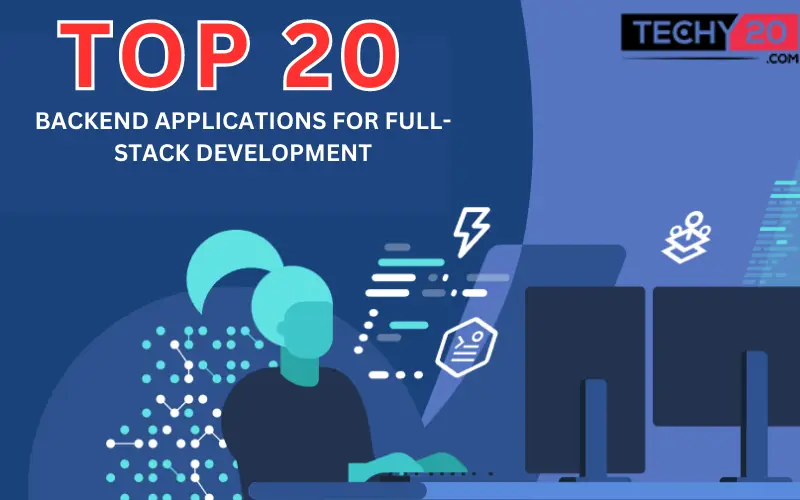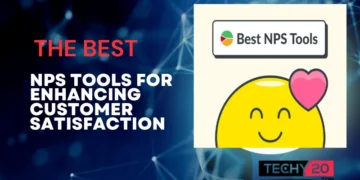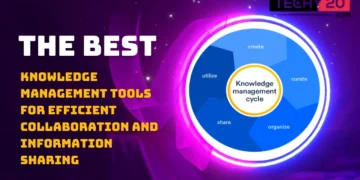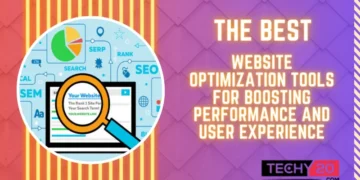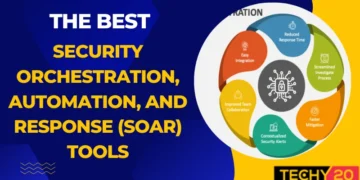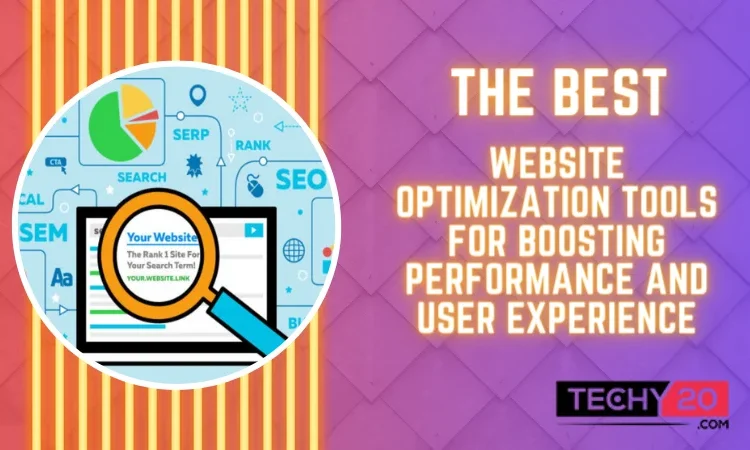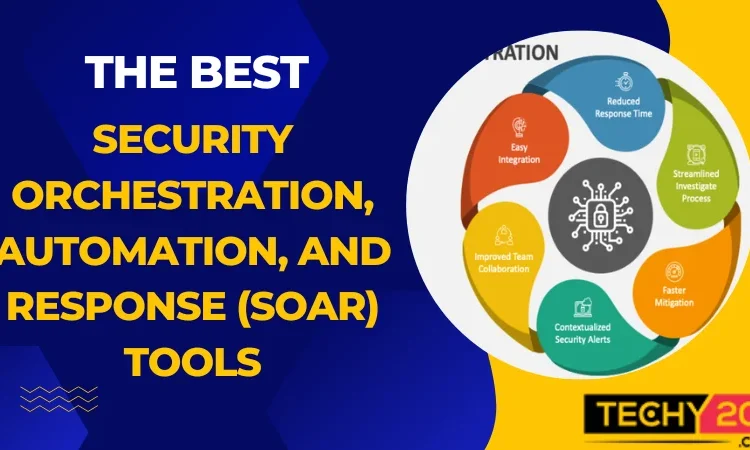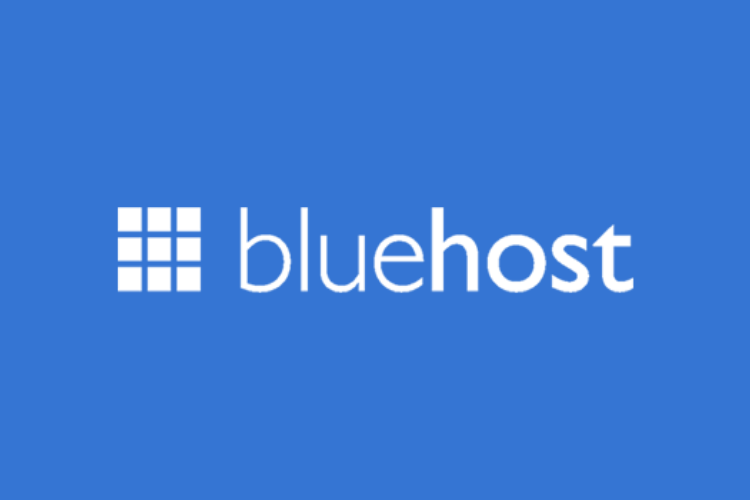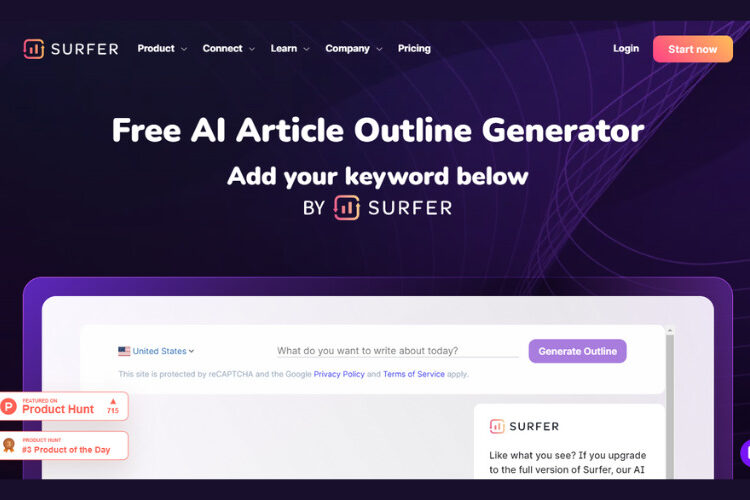A backend application, also known as a server-side application, is a software program that runs on a server and provides the underlying functionality and data processing for a web or mobile application. It typically interacts with databases, file systems, and other systems to process and store data and responds to client requests through APIs. Backend applications are written in various programming languages, such as Python, Java, Node.js, Ruby, and Go, and may use different web frameworks and technologies to provide the necessary functionality. Here is a list of some of the most popular backend applications that are widely used by developers:
1. Node.Js
A JavaScript runtime environment called Node.js enables programmers to create scalable, quick network applications. It uses an event-driven, non-blocking I/O model that is well-suited for building real-time applications. As it employs an event-driven, non-blocking I/O approach, it can manage a large number of concurrent connections without causing the main event loop to get blocked.
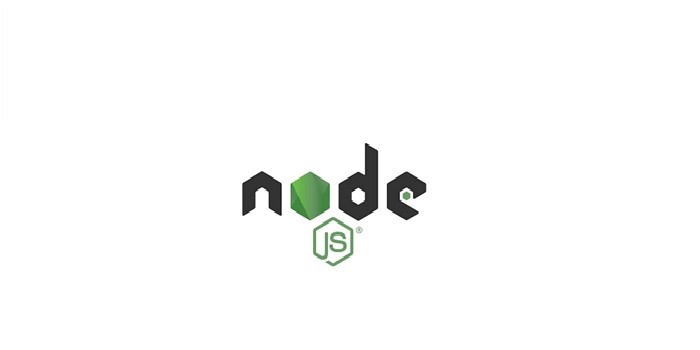
2. Django
A high-level Python web framework called Django places an emphasis on streamlined design, quick development, and a practical approach. It provides a rich set of tools and features for building web applications, including an ORM for database access, intuitive admin interfaces, and a powerful template system.
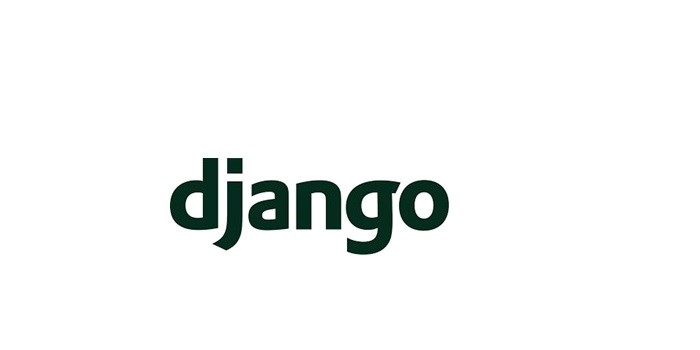
3. Ruby On Rails
Popular web application framework Ruby on Rails utilises the Model-View-Controller (MVC) architectural paradigm and the Ruby programming language. It offers tools and techniques that make it simple to quickly and effectively create web applications while placing an emphasis on convention over configuration.
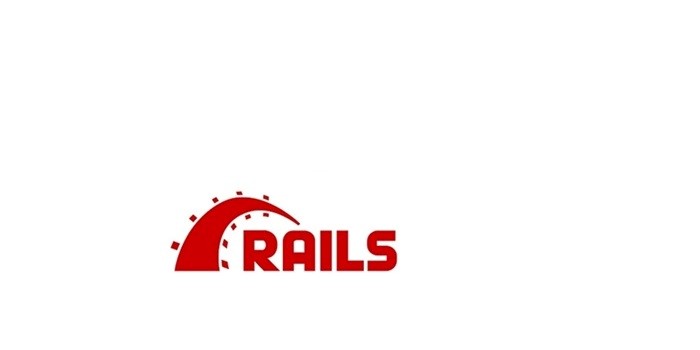
4. Laravel
The PHP web application framework Laravel offers a variety of tools and capabilities for creating contemporary web apps. It follows the Model-View-Controller (MVC) architectural pattern and provides a simple, expressive syntax for working with databases and routing requests.

5. Spring
Spring is a Java-based framework that provides a comprehensive programming and configuration model for building enterprise applications. It supports a wide range of technologies, including web development, data access, security, and messaging, and follows a modular approach that allows developers to integrate different components easily.

6. Flask
A lightweight Python web framework called Flask provides a quick and adaptable approach to create web apps. It emphasizes simplicity and minimalism and provides various tools and features for building web applications quickly and efficiently. Flask is used for creating small to medium-sized web applications and APIs.
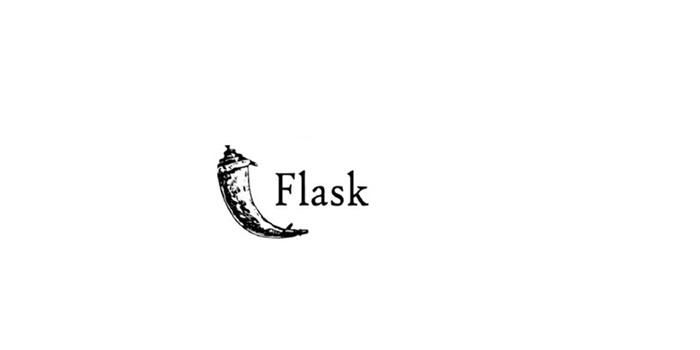
7. Express.Js
A well-liked Node.js web framework called Express.js offers a wide range of functionality for creating online apps and APIs. It offers a straightforward and adaptable method for managing HTTP requests and answers and supports a variety of middleware for giving programmes more capabilities. It is utilised to create APIs and small to medium-sized web applications.
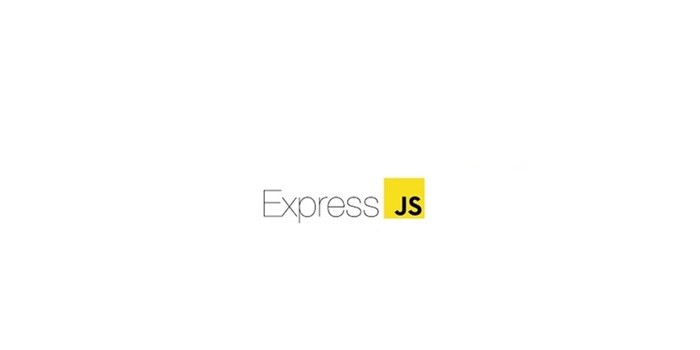
8. Asp.Net
Microsoft created the ASP.NET web application framework, which gives programmers the tools they need to create dependable, scalable web applications. With support for numerous programming languages, built-in security features, and a potent templating engine, it offers a complete set of tools and features for creating web applications.
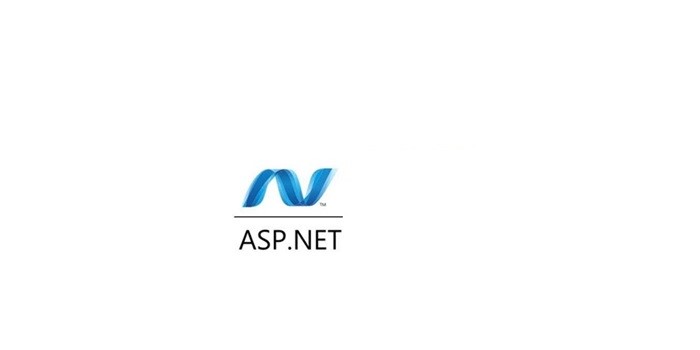
9. Symfony
A well-liked PHP web application framework called Symfony provides a wide range of tools and functionality for creating web apps. It follows the Model-View-Controller (MVC) architectural pattern. It provides a modular approach to development, allowing developers to integrate different components easily. It offers various tools for working with databases and handling routing and requests.

10. Phoenix
Phoenix is a web application framework written in Elixir, a functional programming language built on the Erlang virtual machine. It follows the Model-View-Controller (MVC) architectural pattern and provides various tools and features for building web applications, including support for real-time applications, a built-in web server, and a powerful routing system.

11. Ruby Grape
Ruby Grape is a lightweight and modular web application framework for building RESTful APIs in Ruby. It supports a number of formats, including JSON and XML, and offers a straightforward and adaptable way to construct API endpoints. It follows the Model-View-Controller (MVC) architectural pattern and provides various tools and features for building APIs.
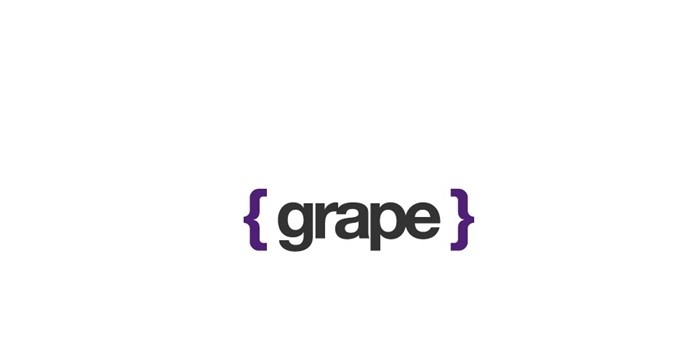
12. Koa
Koa is a Node.js web framework that provides a lightweight and flexible approach to building web applications and APIs. It was created by the same team that created Express.js and is renowned for being straightforward and simple to use. It follows a middleware-based approach, allowing developers to easily add application functionality using a chain of asynchronous functions.

13. Hapi.Js
Hapi.js is a Node.js web framework that provides a robust and extensible platform for building web applications and APIs. It was developed by the team behind Walmart.com and is known for its reliability, scalability, and ease of use. It also provides a plugin-based architecture, allowing developers to extend the functionality of their applications easily.
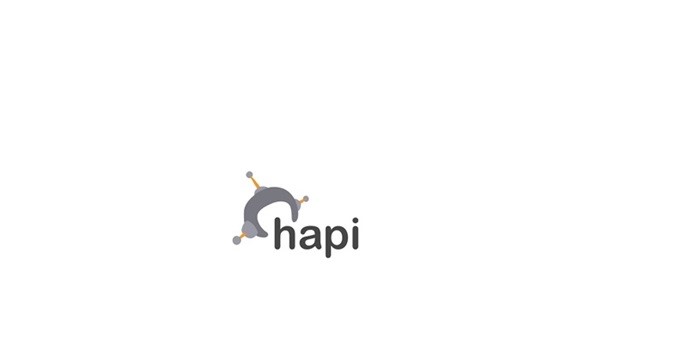
14. Fastapi
FastAPI is a cutting-edge and quick Python web framework for creating APIs and web applications. It is known for being quick and simple to use, and it was made to make it simple and quick for developers to create high-performance web apps. It is known for its fast performance, with benchmarks showing it as one of the fastest Python web frameworks available.
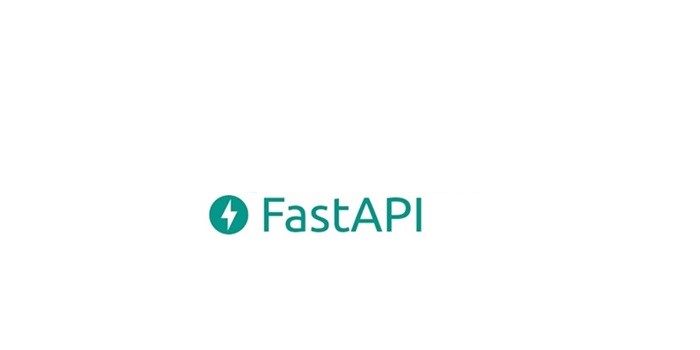
15. Gin
Gin is a lightweight and fast web framework for building APIs and web applications in Go. It provides a minimalistic approach to web development, focusing on speed, flexibility, and ease of use. It provides a variety of tools and functionality for developing APIs, such as input validation, middleware support, and request routing.

16. Adonis.Js
Adonis.js is a Node.js web framework designed for building full-stack web applications. It follows the Model-View-Controller (MVC) architectural pattern and offers various tools and features for building web applications, including routing, middleware support, and a powerful templating system. It also provides built-in support for database management, authorization, and real-time data updates through WebSockets.

17. Loopback
LoopBack is a popular Node.js web framework designed for building APIs and microservices. In addition to a potent command-line interface for generating code and scaffolding application components, it offers a complete set of tools and functionality for creating and managing APIs. It is also highly scalable and easy to deploy.
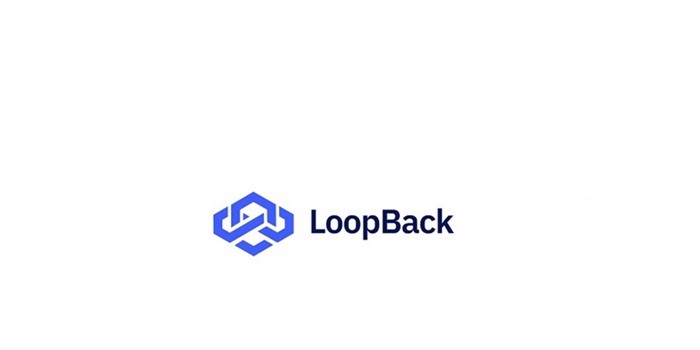
18. Rocket
Rocket is a web framework for building fast, secure, and reliable web applications in the Rust programming. It provides a range of features for building APIs and web applications, including routing, middleware support, and a powerful template engine. Rocket is a popular choice for building high-performance web applications in Rust.

19. Nestjs
NestJS is a Node.js framework for building scalable and efficient server-side applications. It is built on top of Express.js and provides a range of features for building APIs and web applications, including dependency injection, middleware support, and a modular architecture. NestJS uses TypeScript, which allows for better type safety and code clarity.

20. Play
Play is a web framework for building scalable and efficient web applications in Java and Scala. It provides a range of features for building web applications, including routing, middleware support, and a powerful template engine. It is designed to be highly modular and provides a plugin system for extending its functionality.


